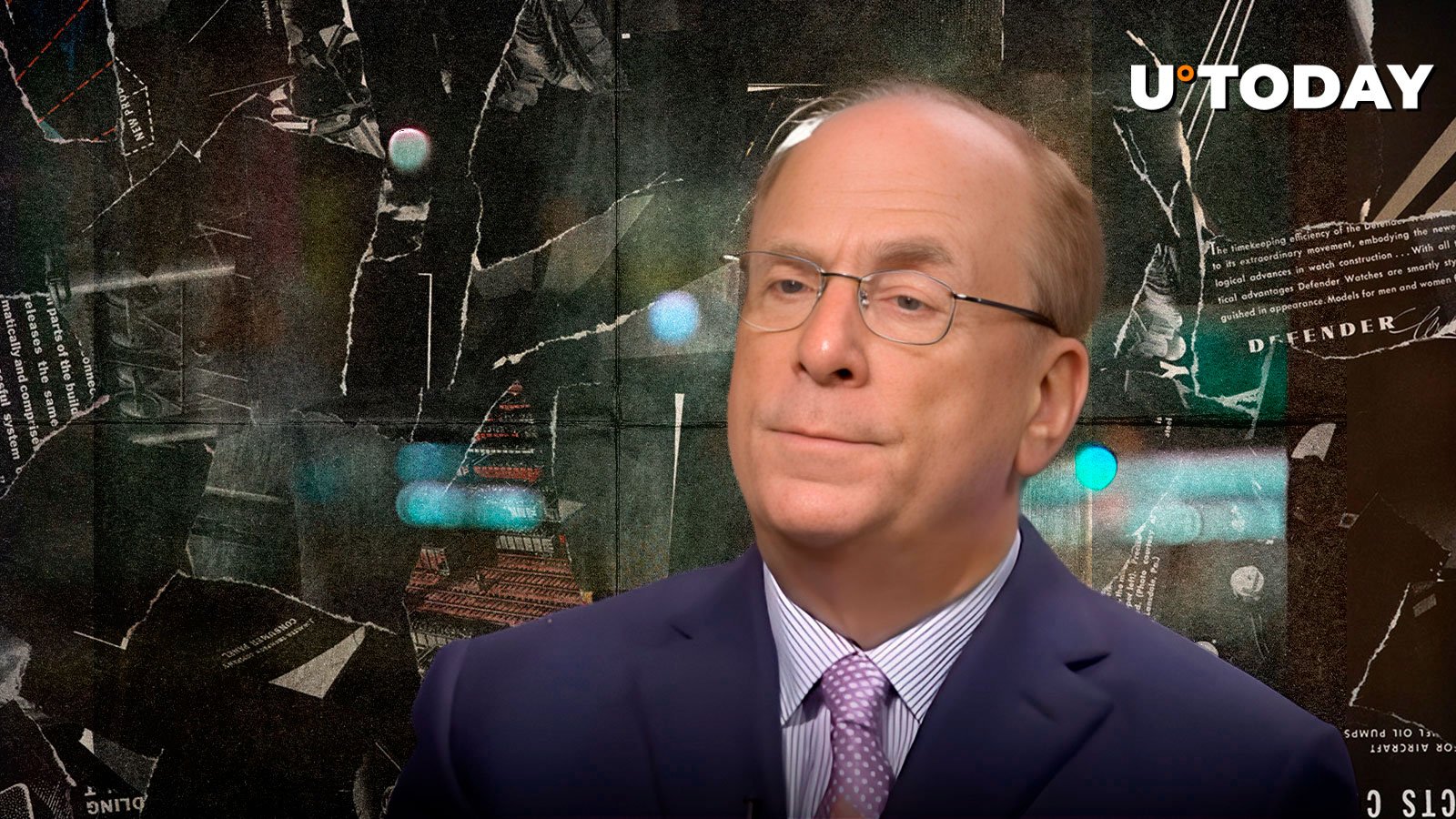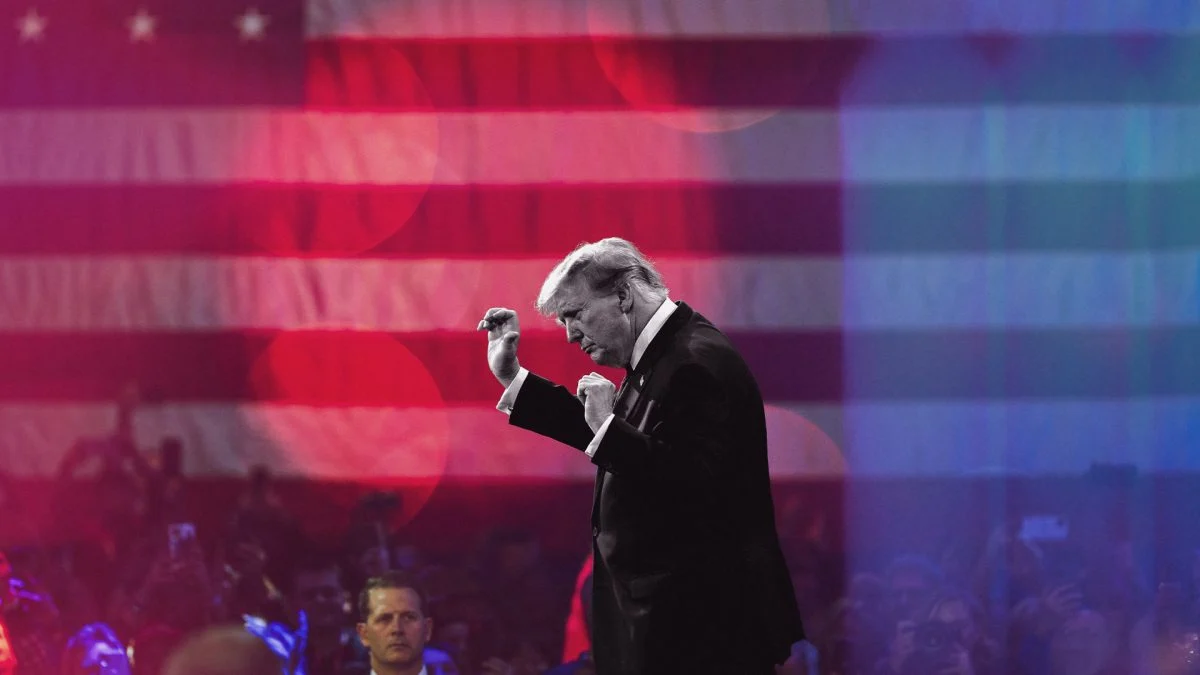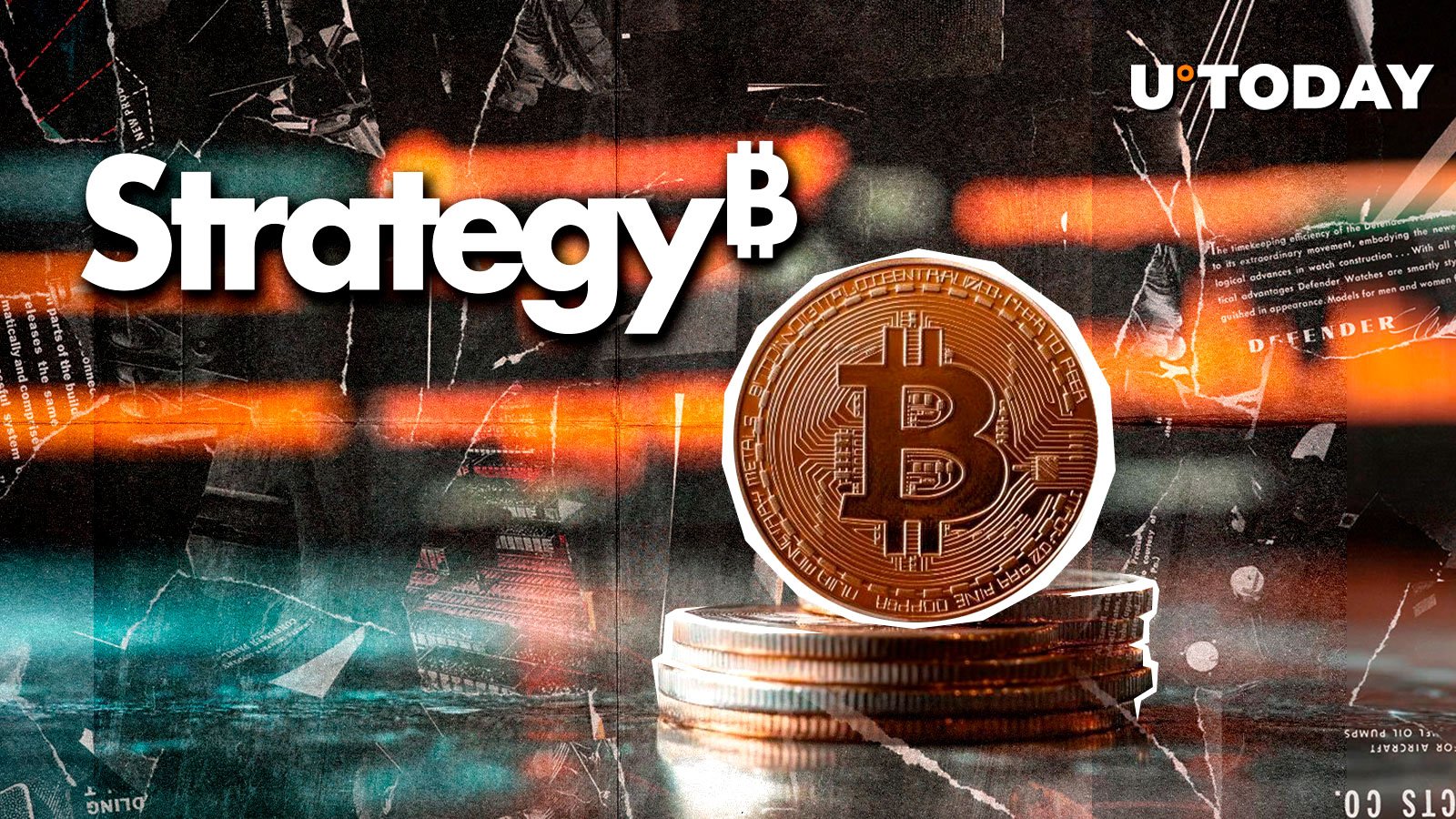The Possible Challenge to the US Dollar’s Hegemony: Bitcoin
In today’s ever-evolving financial landscape, the traditional monetary system is being challenged by a digital disruptor. This disruptor goes by the name of Bitcoin, the decentralized cryptocurrency that has been making waves in the financial world. Larry Fink, the CEO of asset management firm BlackRock, has recently added his voice to the ongoing debate, warning that the US dollar’s hegemony could potentially be at risk.
The US Dollar’s Dominance
For decades, the US dollar has held the title of the world’s primary reserve currency. This status has granted the US several advantages, such as the ability to print money without causing hyperinflation, as other countries hold and trade US dollars instead. However, this dominance is not without its challenges.
The Rise of Bitcoin
Bitcoin, on the other hand, is a decentralized digital currency that operates on a blockchain network. It was created in 2009 by an unknown individual or group using the pseudonym Satoshi Nakamoto. Bitcoin operates independently of a central bank or government, making it immune to political instability and economic turmoil that can affect traditional currencies.
The Threat to the US Dollar
Fink’s warning came during an interview with CNBC, where he stated, “I believe we’re at the time where Bitcoin could take over from gold as the storehold of wealth.” This statement, while not the first, adds weight to the growing belief that Bitcoin could potentially challenge the US dollar’s hegemony.
Impact on Individuals
For individuals, the potential shift from the US dollar to Bitcoin could have several implications. One of the most significant is the potential for increased financial privacy and security. Bitcoin transactions are recorded on a public ledger, but the identities of the buyers and sellers are not revealed. This could be particularly attractive to those living in countries with unstable currencies or oppressive governments.
- Increased financial privacy and security
- Potential for higher transaction fees and longer confirmation times
- Risk of volatility and price fluctuations
Impact on the World
The potential shift from the US dollar to Bitcoin could also have far-reaching implications for the world. One of the most significant is the potential for a decentralized global financial system. This could lead to a reduction in the power of central banks and governments over the global economy.
- Decentralized global financial system
- Reduction in the power of central banks and governments
- Potential for increased financial inclusion for unbanked populations
- Risk of increased volatility and price fluctuations
Conclusion
The potential shift from the US dollar to Bitcoin is a topic that is still being hotly debated in the financial world. While the US dollar’s hegemony has provided several advantages for the US, the rise of Bitcoin as a decentralized digital currency could challenge this status quo. For individuals, the potential shift could lead to increased financial privacy and security, but also comes with the risks of volatility and price fluctuations. For the world, the potential shift could lead to a decentralized global financial system, but also comes with the risks of increased volatility and price fluctuations. Only time will tell how this unfolds, but one thing is certain: the financial landscape is changing, and Bitcoin is at the forefront of this change.
As we continue to monitor this developing story, stay tuned for updates and insights from the world of finance and technology.





